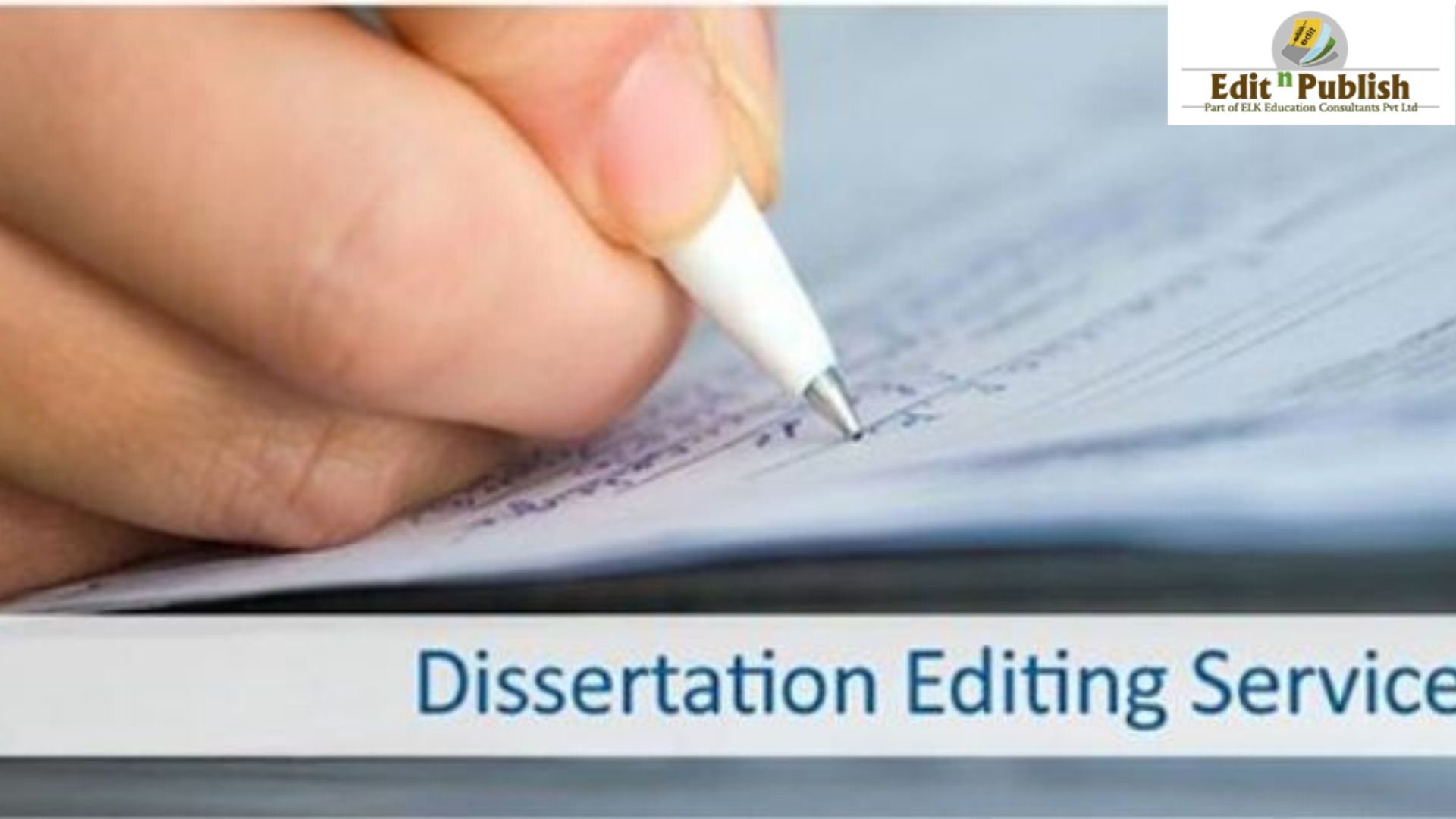Well, what can My answer is about copy editing, usually just named editing, as a new field? I have been at the process of becoming a great editor for nicely over the past 25 years, so I actually must have something useful to say concerning it by now, I should consider. But I is not going to cover APA style or the use associated with the Chicago Manual or other many of these style manuals - I'll just do a basic summary of the most frequent editing forms in this article.
Foundationally, editing will be a much discredited but mostly reputable profession for writers and would-be freelance writers who have a diploma in English in addition to enough experience creating copy to know exactly what to look with regard to in the spelling, grammar and syntax departments. That sort of editing is generally called line editing and enhancing, and it will not entail much even more than heavily proofreading and correcting backup so that this reads well, getting out redundancies and even otherwise improving typically the "flow" while maintaining the particular original author's "voice" throughout (vital to the majority of ghost writing, that i will discuss later. )
Line using is just one step down from color editing, which often includes everything in line editing and after that some - you need to now edit with regard to how the content material reads as a new whole, but not in a generalized approach as you would with content or developmental editing. You just need in order to "pep up" or otherwise alter the taste, spicing (I work with recipe references a new lot), sophistication and overall tone involving the piece an individual are color using. The idea with this kind of using is to boost the reader's enjoyment associated with the knowledge, as properly as to create the copy study in an even more professional or advanced (sometimes, depending in the desired "voice, " in some sort of less sophisticated or more typically familiar) tone.
http://findtime7.jigsy.com/entries/general/Simple-Description-of-the-particular-Many-Styles-of-Editing up in editing is really a big one, and is in fact even more rewriting than enhancing - content editing. And also this includes developmental editing, although some think of them as two independent editing styles. Me personally, I tend in order to blend all of my editing styles along with writing and cat writing styles, although I give it your best in order to maintain the original author's voice every single time. Anyway, content editing means reworking or sometimes simply adding some articles to the piece, while making certain it "fits in" for the original or perhaps desired writing fashion.
Reworking may suggest a thorough rewrite regarding everything, or it may only imply some rearrangement, for instance shuffling chapters about in order to improve things. Typically the idea behind equally content and developing editing is in order to enhance and improve the piece, thus that its total structure is even more sound, making it read from starting to end inside a better and improved manner. But written content editing may not necessarily be quite mainly because thorough as its "big brother, inches developmental editing, which often is the most thorough style of updating. Content editing is always to developmental editing exactly what re-frosting an previously baked cake is to actually making the new cake using similar batter and completely baking it all once again.
Whenever you developmentally edit, you work over a manuscript, rewriting nearly everything or at least the actual consumer or publisher has requested as wanted. If it's your manuscript, you will be in effect rewriting your whole publication to suit you or even a publisher's desires. You add several fresh material, yet in greater quantities than in articles editing, sometimes adding in new figures, whole chapters, brand-new plot devices and scenes, reformatting the manuscript or script, etc.
When you developmentally edit a script or script (which is probably the particular most common work carried out on other's scripts), you are taking the whole thing in hand and carrying out it all more than again, maybe throughout a whole fresh voice or angle of view. The same thing is applicable to any book manuscript or short tale that requires critical developmental editing -- working it above in a whole new photo - as the suggestions of the customer still need to be able to be paramount while you go regarding the editing process.

All in just about all, these many various styles of editing can be rearranged or blended straight into writing and spinning as needed. Just remember that using always entails over mere proofreading : which involves examining for grammatical in addition to syntactic errors in addition to correcting them. Range editing is the first step previously mentioned proofreading; all updating inherently includes simple proofreading, although the particular latter can end up being performed separately by someone else, many of these as when expert proofreading is wanted and a "second set of eyes" is necessary to check more than the final piece before publication.
The most important issue to remember when copy editing other's work is to stick to their voices as far as possible, or with least as much as desired by simply the client. Editing is an useful process that almost anyone can perform, in the event that they know transliteration, grammar and format rules, but it takes a real expert to proficiently rework and manage a good entire manuscript or even screenplay expertly plus with a touch of true style.
GHOST WRITER, INC. - ghostwriter, duplicate editor, proofreader, rewriter and book publisher - and the team of 100+ writing field related workers, many regarding which can be New You are able to Times most popular writers. We have connections with literary agents, commercial publishers and literary/film field specialists.
